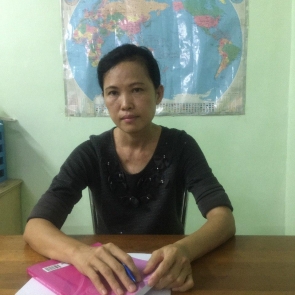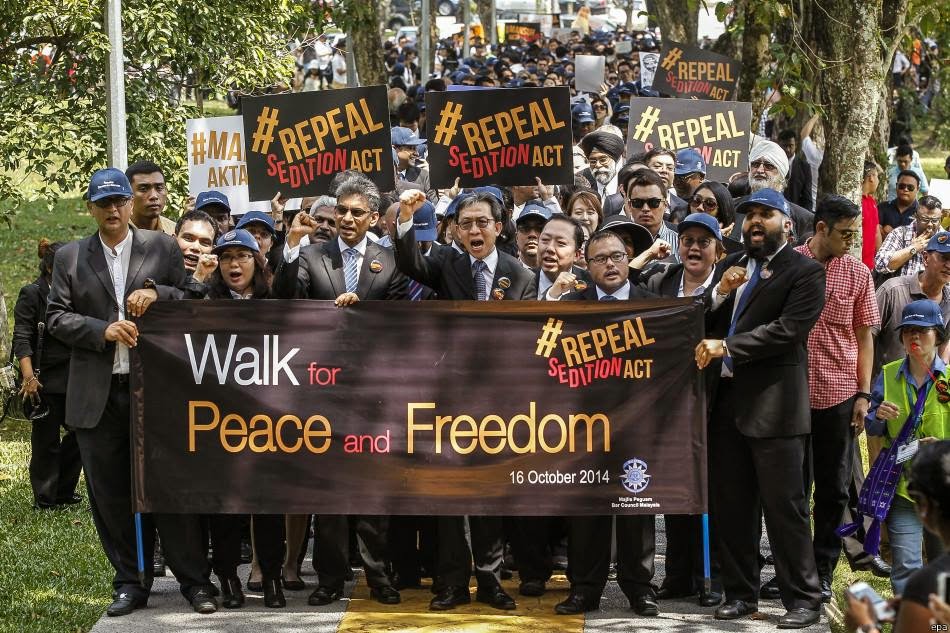
Lay Peng Pua
How heaps of U.S. plastic waste landed in Malaysia, broken down by workers earning $10 a day
She wanted her town to breathe clean air. She got death threats instead
When Lay Peng moved back to her hometown of Jenjarom she saw first hand the devastating impact that the plastic "recycling" industry was having on her local community in Malaysia, with over 40 illegal plastic factories emitting toxic gases and polluting the local rivers and waterways making people in the community very sick.

Lay Peng Pua is a chemist and woman human rights defender working on environmental protection in Malaysia. After moving back to her home town of Jenjarom a few years ago from Kuala Lumpur, she couldn’t believe the devastating impact recycling companies were having on her community. Like most people, she believed that plastic recycling industries were a green industry, but after China banned the import of plastic waste, a lot of recycling companies moved from there to Malaysia which very quickly became the number one world dumping site. She discovered that her village was surrounded by more then 40 illegal plastic factories emitting toxic gases which caused breathing problems and illnesses for her community's residents. The local council tried to play down the issue of pollution when they raised their voices. To try and bring further attention to the problem, Lay Peng and some community members started an investigation and captured video footage of the illegal recycling factories and burning of plastic which they uploaded to YouTube. So far they have succeeded in removing many of the illegal factories out of the area, but unfortunately some remain and the smuggling of plastic is still a big problem in the country. Lay Peng continues to work against the illegal importation of waste to Malaysia and to shine a light on the often hidden side to the global plastic waste industry.

